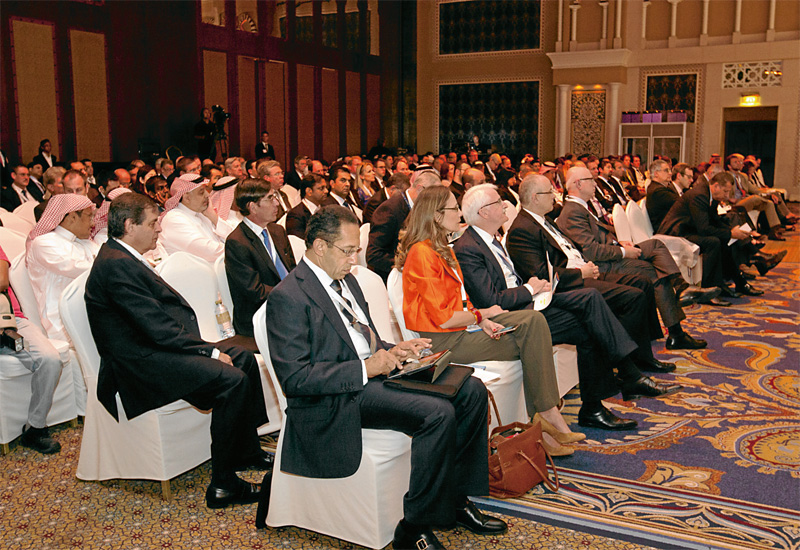Exclusive highlights for AHIC attendees also include the first reveal of results of the Visa Global Travel Trends Survey detailing travel and destination trends, travel spend and preferences of consumers; an address by Essameldeen Abdelhady Mohamed, chairman and managing director of the Egyptian General Company for Tourism and Hotels (EGOTH) outlining the future for hotel stock in that market; and the opportunity to hear from HE Helal Al Marri, new director general of the Dubai Department of Tourism & Commerce Marketing (DTCM) on Dubai’s vision for the future and the role of the DTCM within the hotel industry.
Talking points
Following from introductory roundtables and workshops focusing on diverse topics including customer loyalty, developer financing, rebranding strategies and transaction transparency, the first day of AHIC focuses heavily on the macro and micro state of travel and tourism with regional and international presentations.
In the wake of the recent World Travel & Tourism Council global summit in Abu Dhabi last month, executive director Geoffrey Breeze will brief delegates on conclusions and plans of action impacting on the hotel sector including the call for private and public sectors to work together to drive investment in infrastructure, visa facilitation and further airline deregulation.

| Advertisement |
As well as regional destination presentations and industry performance trends, another highlight of the opening day is the session on ‘What the Regional Leaders are Saying’, featuring a stellar cast including IHG regional COO Pascal Gauvin and IFA Hotel Investments president Joe Sita, as well as execs from Marriott and Hilton.
Hot trends for IHG include new traveller types, technology and further brand expansion, said Gauvin: “We can no longer define the traveller in our terms, and the new IHG Trends Report 2013 has focused on four new types: new global explorers from emerging markets; new family groups; laptop and latte travellers who mix business and play, and expansive mid-lifers.
“Mobile technology is enabling us to create new opportunities for service for those who make their bookings online, who use mobile check-in and do extensive research of the local area themselves,” he said.
Focusing down on the region, IFA’s Sita predicted that hotel product offering in the GCC region will have to widen to meet new demand: “I think we’ll see this achieved through branding and a shift in the segmentation ‘pyramid’ where five-star properties are currently over-represented… over time, the economy and mid-end segments will grow and hold a dominant position, essentially flipping back the segmentation pyramid to its more typical form,” he said.
However, Sita said markets remained highly polarised between over-performing cities such as Dubai, Makkah and Madinah and those such as Manama and Abu Dhabi that continued to face challenges: “I do think that owners are taking advantage of the supply and demand shift [in some areas] to reposition their properties, improve their product offerings and enhance customer experience,” he said.
Predicting a continued unsatisfied demand for two- and three-star hotels around the region, he added that IFA was in the process of finalising agreement for a city-centre Yotel in Dubai: “This is what Dubai is looking for – a luxury product with an affordable price tag achieved through a creative use of space”.
Article continues on next page ...









 Search our database of more than 2,700 industry companies
Search our database of more than 2,700 industry companies









